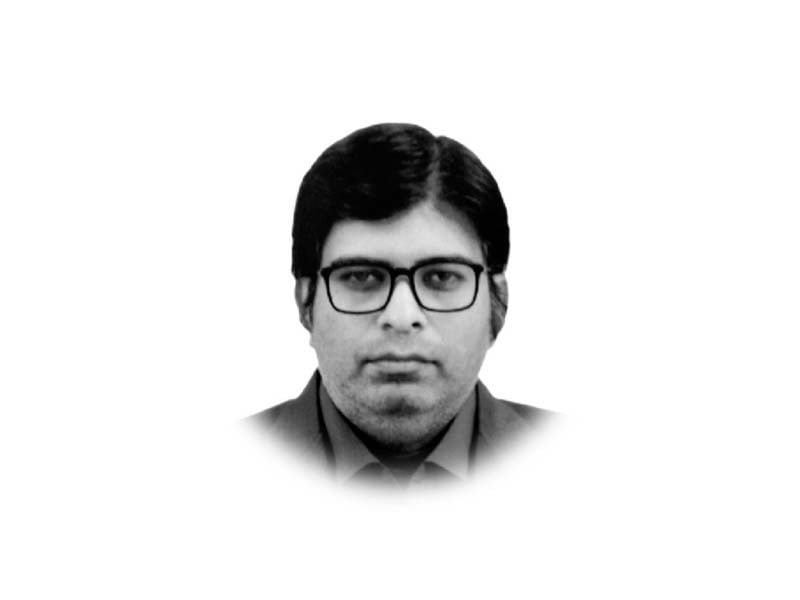
This past March, we celebrated 50 years of the 1973 Constitution. Various events were held in the National Assembly to celebrate the success of preserving the Constitution for 50 years. It’s indeed a matter of pride that we have a written constitution. However, the implementation part remains a greater challenge that should be discussed. The 1973 Constitution contains a comprehensive chapter on fundamental rights, which are basic rights guaranteed by a country’s constitution.
In Pakistan, fundamental rights are enshrined in Chapter 1 of the Constitution of 1973. They are intended to protect the citizens from any arbitrary or unjust action by the state or its organs. Some of the benefits of fundamental rights in Pakistan are as follow:
They ensure equality before the law and equal protection of the law for all citizens regardless of their religion, caste, creed, sex or place of birth. They safeguard the dignity and liberty of the individual by prohibiting torture, slavery, forced labour and arbitrary arrest or detention. They promote democracy and accountability by allowing citizens to express their opinions, form associations, assemble peacefully and participate in elections. They foster tolerance and pluralism by protecting the rights of religious minorities and ensuring freedom of conscience and worship. They encourage social justice and development by providing for the right to education, health, property and a clean environment.
However, despite these constitutional guarantees, fundamental rights in Pakistan face many challenges due to various factors such as political instability, weak rule of law, corruption, terrorism, religious extremism and discrimination. Many human rights defenders, lawyers, journalists and activists who expose abuses face harassment, intimidation, threats, arrests and even killings. The government also uses draconian laws such as sedition and counterterrorism to stifle dissent and regulate civil society groups. Women, religious minorities and transgender people continue to face violence, discrimination and persecution with impunity.
Promotion of the social and economic well-being is one of the articles under the chapter on Principles of the Policy of the fundamental rights enshrined in the 1973 Constitution. This chapter indicated the sole responsibility of each organ and authority of the State to act in accordance with the Principles of Policy. Socio-economic well-being refers to the quality of life of individuals and societies. It is determined by social, economic and environmental conditions. Economic well-being is defined as having present and future financial security, including the ability of individuals, families and communities to consistently meet their basic needs and have control over their finances. Economic well-being provides people with equal opportunities for advancement, a sense of social inclusion, and stability — all of which contribute to human resilience — and sustains and supports harmony with the natural world.
The status of social and economic well-being of the people of Pakistan has remained depressed for the last 50 years. According to the Pakistan Living Standard Measurement Survey 19-20, the literacy rate hovers around 60%, 32% of children aged (5-16) are out of school and the primary net enrollment rate is around 64%. Only 68% of the population have access to safe sanitation and 74% have access to improved drinking water sources within premises, whereas only 54% have access to basic hygiene facilities. Around 82% of the households own dwelling units, 48% have access to gas for cooking and 91% have access to electricity. Health expenditures for the last 5 years have remained around 1% of the GDP. Life expectancy is around 65 years and infant mortality around 56 deaths per 1,000 births.
The above statistics present a bleak scenario of our socio-economic well-being. No State authority or State organ has managed to implement any part of the Principle of Policy, the core of the Constitution, in its true spirit. The State should focus more on the implementation part to carry out the constitutional obligations in its true spirit. Only then we could earn the right to celebrate.
Published in The Express Tribune, May 30th, 2023.
Like Opinion & Editorial on Facebook, follow @ETOpEd on Twitter to receive all updates on all our daily pieces.


1731637727-0/Bear--(1)1731637727-0-165x106.webp)

1731619853-0/ice-cream-(1)1731619853-0-165x106.webp)








COMMENTS (1)
Comments are moderated and generally will be posted if they are on-topic and not abusive.
For more information, please see our Comments FAQ